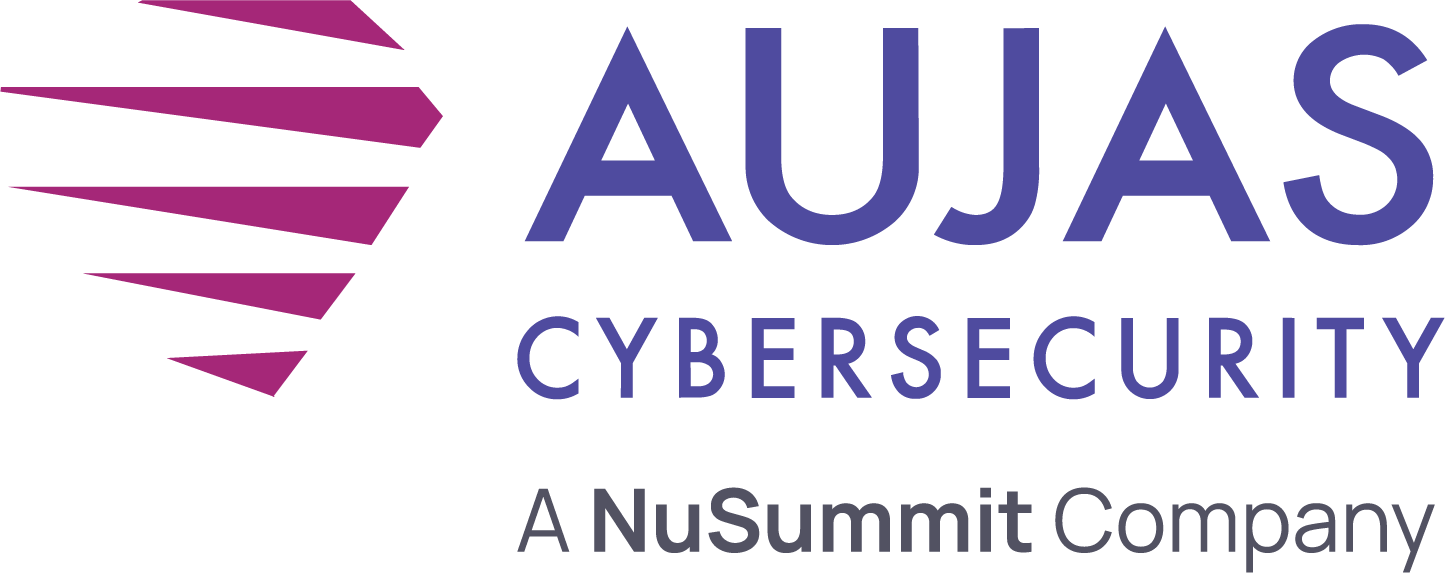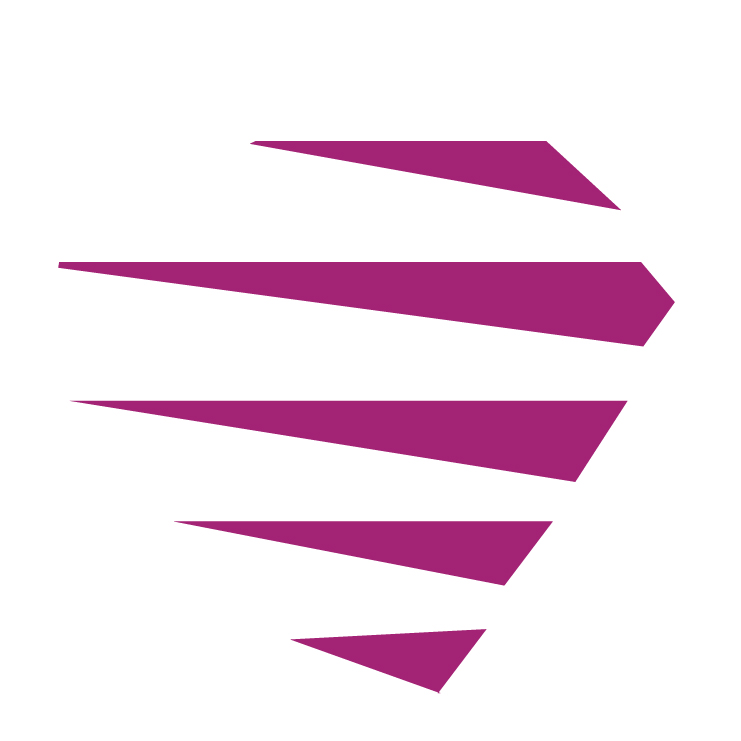Cloud services are known for their scale and flexibility. Though known for the immensity of benefits, Cloud has its set of woes. With the unfortunate boom in cyberattacks, Cloud is facing new security challenges and complexities. Security teams must ensure users are assured of the right access and privileges while protecting sensitive data from unauthorized access. Cloud, no doubt, needs a stimulus to fix its security bottlenecks.
Microsoft Cloud App Security (MCAS) is the answer. It can augment the security of SaaS, PaaS, and IaaS services by supporting deployment modes such as log collection, API connectors, and reverse proxy. MCAS is in the spotlight due to its robust features, such as comprehensive visibility, data security, and security analytics to counter threats across the enterprise cloud ecosystem.
It ensures easy deployment, seamless integration with Microsoft products, centralized console, and automation features to enhance the productivity of security teams. MCAS is a Cloud Access Security Broker (CASB) that monitors the activity between the user and cloud resources by enforcing security policies. By tracking apps in use, anomalous user activities, and monitoring the presence of Shadow IT, MCAS can mitigate data leaks & threats and ensure cloud security compliance.
CASB’s can engender cloud security posture of services adopted for CRM, HR, ERP, help desks, workforce productivity, and social networking platforms. The uses also extend to governing cloud applications, API-based use of cloud services, identity access management (IAM), and virtual machines.
Every cloud ecosystem needs a CASB, such as Microsoft Cloud App Security, to regulate and safeguard against complex, malicious actors. Here are the critical capabilities of MCAS, which makes it distinct and purposeful.
- Rank the risk of cloud services by identifying users and the third party they use
- Manage sensitive data to ensure security and respond to content classification labels
- User and Entity Behaviour Analytics (UEBA) to mitigate insider threats & malware
- Adaptive Access Control to performance constant risk assessment of users connected to cloud applications
- Dashboards and reports to validate cloud governance and assist compliance requirement efforts
Microsoft Cloud App Security Framework
Monitor Shadow IT Use
Detect SaaS, PaaS, and IaaS services, track users, evaluate risk levels, and ensure compliance
Enhance Cloud Security
Categorize data and secure them, use automated processes and controls to secure applications in real-time
Safeguard against Threats & Behavioural Anomalies
Examine unusual user behaviors, detect ransomware or rogue applications, detect high-risk users and automate remediation
Ensure Cloud Security Compliance
Evaluate cloud app compliance against industry standards, limit user access to sensitive data and prevent data leaks
Cloud visibility integration using MCAS
The visibility is enabled in the following ways.
- Cloud Discovery to fully identify the cloud environment and map every cloud application in use. This is possible by using traffic logs to analyze the cloud apps and manually uploading them for further analysis. The continuous collection of logs is possible through cloud app security log collectors.
- Cloud App Catalog to authorize or deauthorize cloud applications. The catalog is continuously growing, with cloud apps ranked based on certifications, standards, and best practices. The rank score (based on over 80 risk factors) helps to know the risk level of the app.
- Leverage API connectors to use cloud service provider APIs and integrate with other cloud apps to enable visibility and governance. API connectors allow direct access to cloud app information for security analysis and broaden protection and control.
- Gain real-time control over user access by using Conditional Access App Control protection. Its reverse proxy architecture enables monitoring activities in the cloud environment and ensures real-time visibility. Conditional Access App Control prevents data leaks, enforces security rules to protect downloaded data with encryption, uncover insecure endpoints, secure non-enterprise networks, or risky IP addresses.
- Empower security teams to fine-tune security policies and establish continuous control regularly. The policies are used to detect risk behaviors, breaches, or suspicious activities and integrate remediation processes to mitigate risks. Security policies can be correlated to information that needs to be collected from the cloud ecosystem and the possible remediations towards incidents.
Microsoft Cloud App Security is a powerful cloud security enabler. It prevents misuse of privileged accounts, ensures better data security, and has sophisticated analytics to provide complete visibility to every activity within the enterprise. MCAS is one of the best answers to the security concerns affecting cloud environments.
To know more about Microsoft Cloud App Security and how it can secure your cloud ecosystem, talk to our experts at contact@aujas.com.





